Blog
Spiritual Teachings
from the Heart of Satsang
Browse by Topic through the Archive
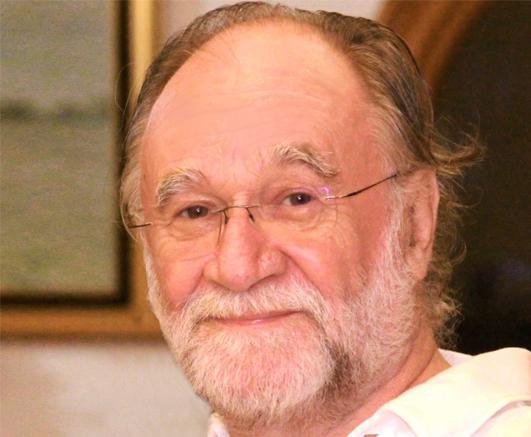
Or use the Search Function
Latest Blog
How we Sabotage Vichara
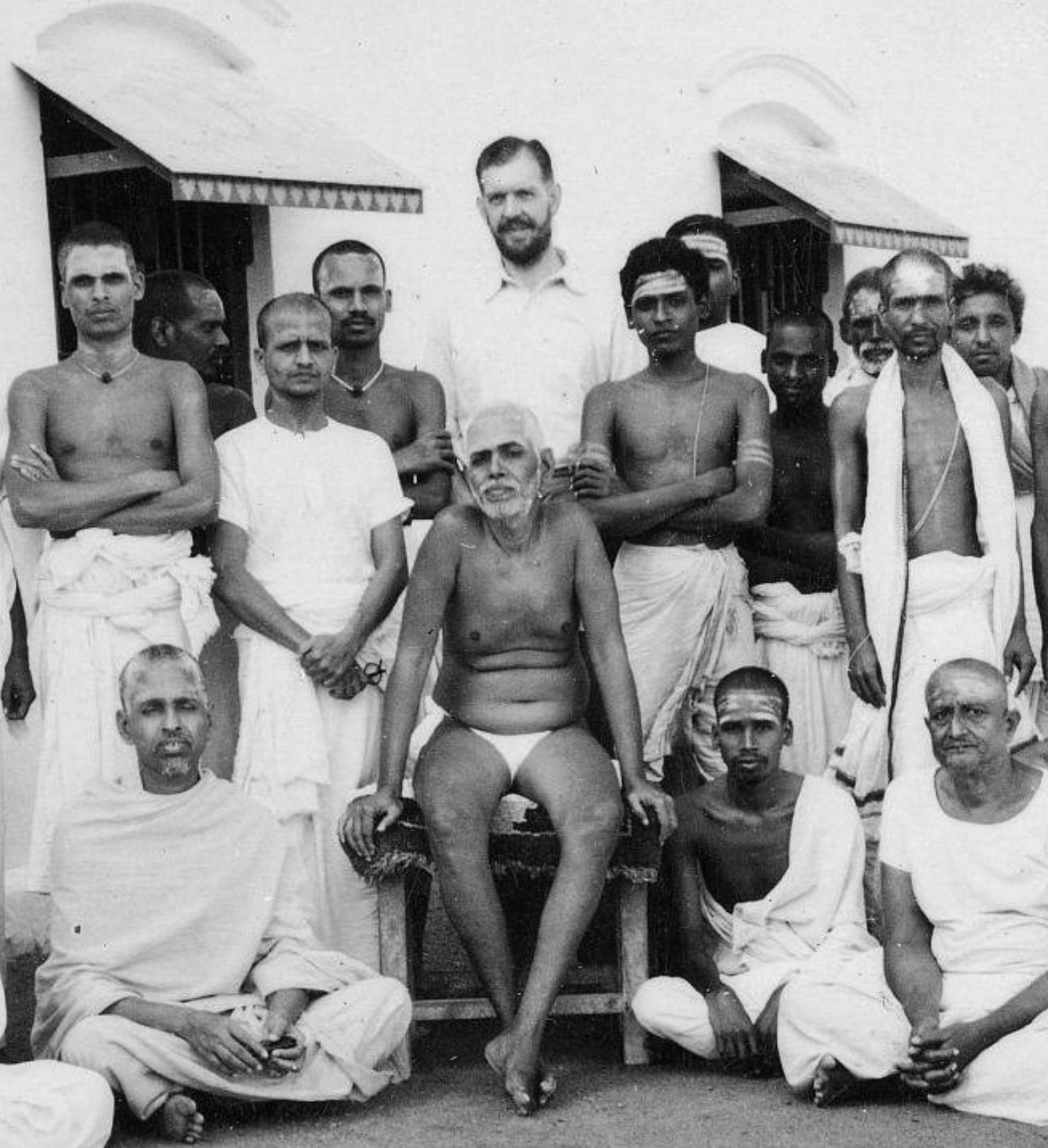
Aham Sphurana
A Glimpse of Self Realisation
New Book about Sri Ramana Maharshi
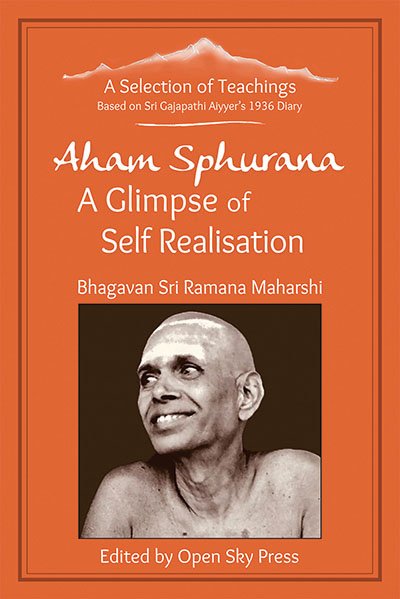
Available Worldwide
On www.openskypress.com and Amazon:

“In my opinion, Aham Sphurana, a Glimpse of Self Realisation, will become a Treasure Trove of Wisdom to the Seekers of Truth in general, and particularly to the devotees of Bhagavan.”
Swami Hamsananda – Athithi Ashram, Tiruvannamalai
How we Sabotage Vichara
Chadwick: [unhappily] I have been staying here for months. I see no improvement in me. If anything, my condition seems to be taking a turn for the worse. I am desperate to Realise in this lifetime
B: Give up the idea that you are striving for Realisation.
C: [Aghast] What?! Bhagavan would have me abandon the quest? Has he decided I am unworthy to Realise?
B: Did you pay attention to what was said to you? You were not asked to abandon the quest. You were asked to abandon the spurious idea that there is a ‘you’ which is trying to merge with a ‘super-you’.
C: [gloomily] I understand nothing.
B: Throw away the belief in the existence of the personal self. It is only on that erroneous basis that you are now asking questions.
C: But I must remain to perform sadhana!
B: What is the objective of sadhana?
C: Destruction of the ego.
B: No, transcendence of the idea of its existence.
C: So, if I just free myself from the idea that I exist as an individual person, the Who am I? method is not needed?
B: First discard that erroneous idea. In having discarded that idea, do not bring in any other idea in its place, such as Aham Brahmasmi [I am Brahman], I am being consciousness, etc. Remain free from all ideas, that is from all mental identification. Let the mind remain in the state of pure Subjective Consciousness free from all objectification or identification.
Then, as and when thoughts arise, tackle them with the counter-thought, ‘To whom has this thought arisen?’. This arrests the further development of the thought. Then return the mind to its native state of pure Subjective Consciousness. This is the way.
Edited by John David Nov 2024

Am I doing Vichara Correctly?
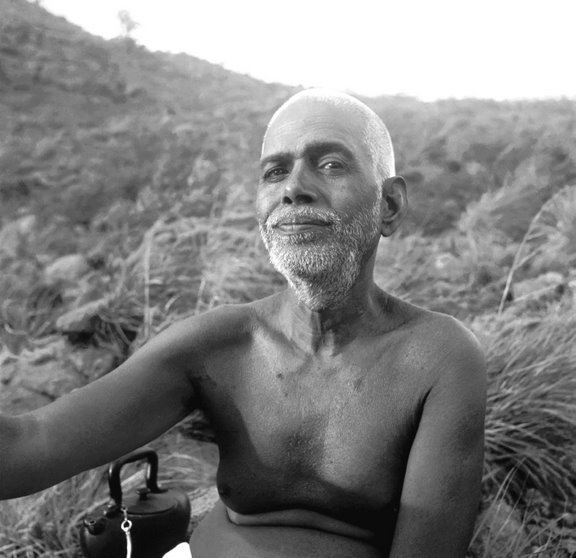
Aham Sphurana
A Glimpse of Self Realisation
New Book about Sri Ramana Maharshi

Available Worldwide
On www.openskypress.com and Amazon:

“In my opinion, Aham Sphurana, a Glimpse of Self Realisation, will become a Treasure Trove of Wisdom to the Seekers of Truth in general, and particularly to the devotees of Bhagavan.”
Swami Hamsananda – Athithi Ashram, Tiruvannamalai
Am I doing Vichara Correctly?
Yes when Aham Sphurana flashes forth
Q: What are the indicators based on which I shall be enabled to find out for myself whether I am doing vichara correctly or not?
B: If vichara has resulted in a state of mind wherein it abides as identical with pure Subjective Consciousness, then you have done it correctly. However, it is not easy for the neophyte to tell whether his mind is presently abiding as identical with pure Subjective Consciousness, because the torpid mental state of manolayam [state where mind structures are hazily projected] is often mistakenly regarded as being the tabula-rasa mental state of pure Subjective Consciousness.
When mind abides as identical with pure Subjective Consciousness, it unmistakeably scintillates ‘I’-’I’. Thus, the definitive answer to your question is that vichara has been done correctly when doing it has resulted in the Aham Sphurana flashing forth.
Q: And how to recognise the Aham Sphurana when it ‘flashes forth’?
B: There is no possibility of mistaking it when the experience actually occurs. Whatever description is given, is not only useless but also counter-productive, because if a description of the experience of Aham Sphurana is given, the mind twists and contorts the present banal experience of outward protruding, satiation craving mental impulses into one that seems to perfectly match with the description given; because it wants to avoid getting destroyed.
So, even if you have heard a description of the experience of the Aham Sphurana being furnished in this Hall, please make no effort to recollect it. When the Aham Sphurana actually flashes forth, you will know it alright. Cognition of the Aham Sphurana is not based on intellectual corroboration it is a direct experience of the Self, inferior only to the Sahajastithi of the Jnani.
Edited by John David Nov 2024

Leave a Reply Cancel reply
You must be logged in to post a comment.
Mixed Blogs

Love is
Love is
Only love is
Love moves the leaves in the wind and the planets in the universe
All is LOVE and you are this LOVE
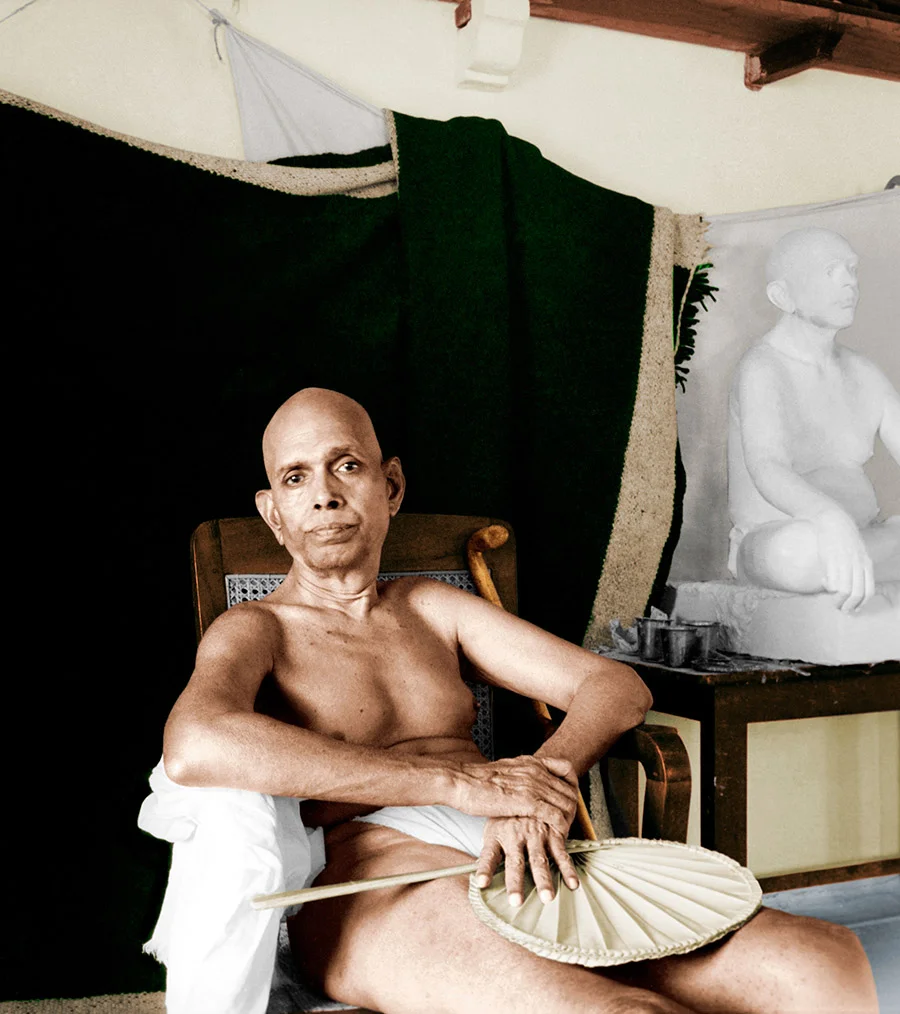
Ripe Souls Attain Jnana
The Jnani’s silent presence works like a magnetic force, effortlessly turning ripe minds inward, leading to natural, thought-free peace.

Enlightenment is an Illusion
The first thing I would say is that there are not any enlightened people. This word enlightenment is a wrong word. It is like sex or love or god. It is like some idea far away in the future. Maybe it has a value because it can bring people to find themselves, just as the peak of Mount Everest brings people to climb mountains.
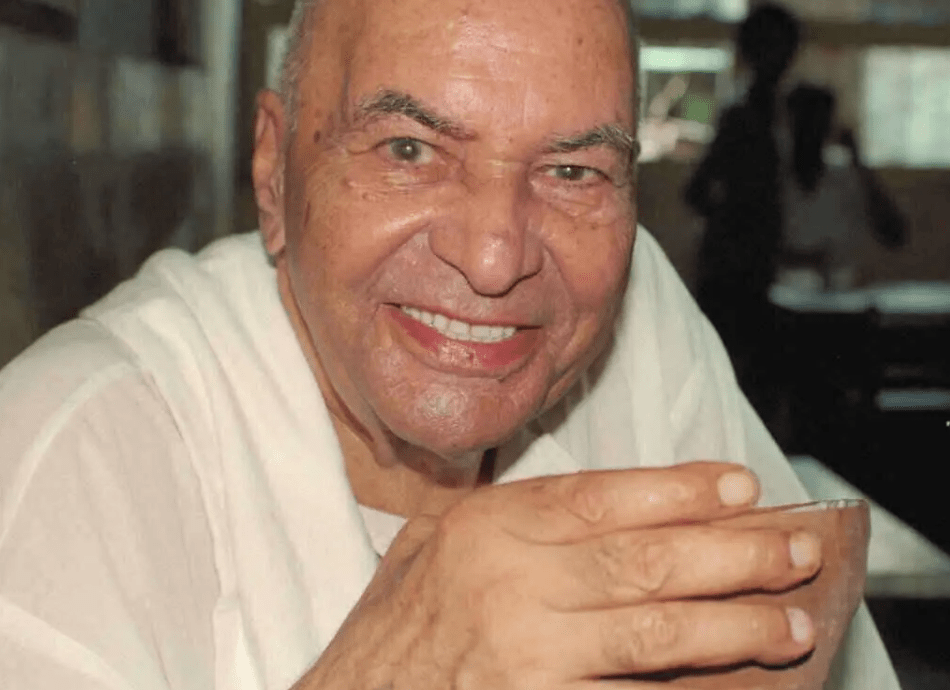
Papaji on Enlightenment
What is enlightenment?
‘I am bound’ is a concept that everyone has clung to [but] he cannot show any chains or fetters by which he is bound. This is his concept. He must have been told by someone, or read some books, or heard from his parents or priests or…
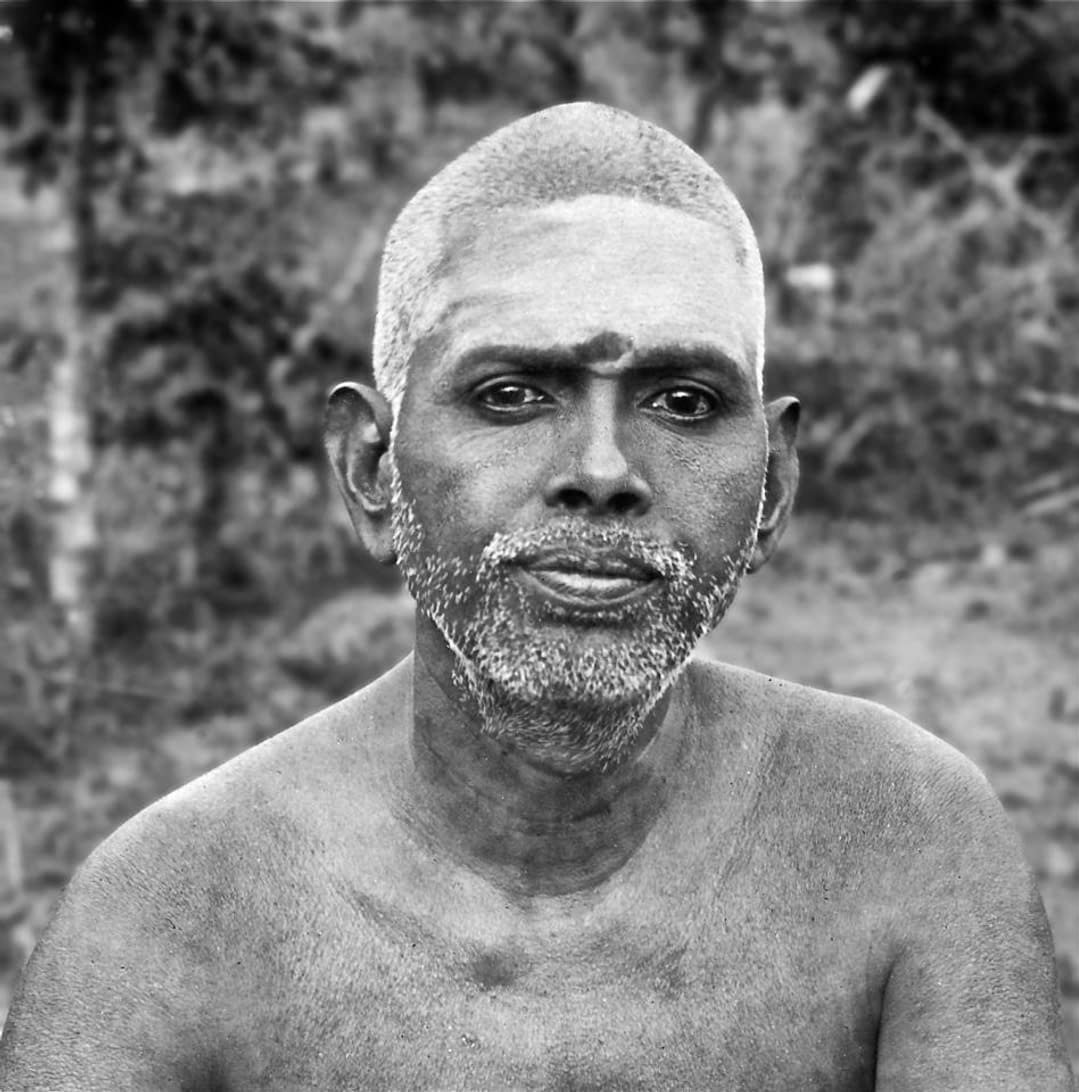
Sex and the Self
Sex offers a taste of no-mind bliss, creating addiction as the ego craves this momentary experience of pure Being.
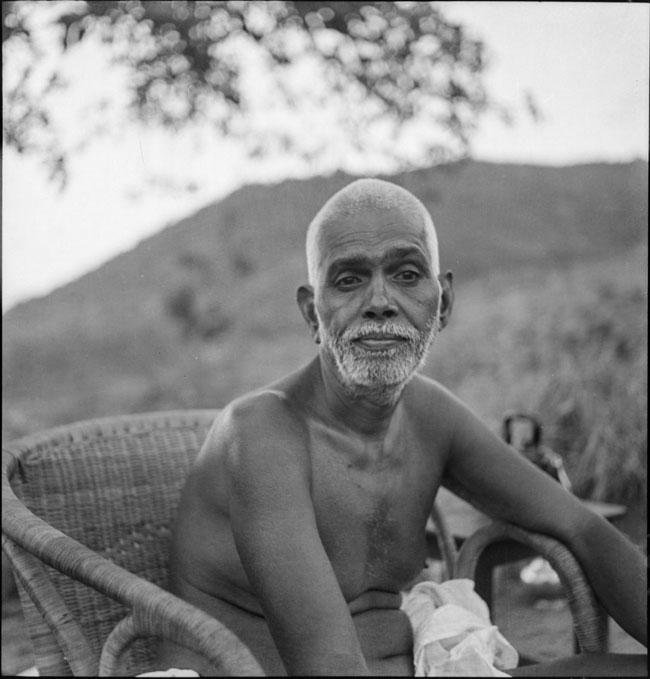
The Secret of Jnana is Bhakti
Jnana is Bhakti: Pure, uncaused Love. Not practised, but revealed when thoughts dissolve, merging seeker and Love as One.
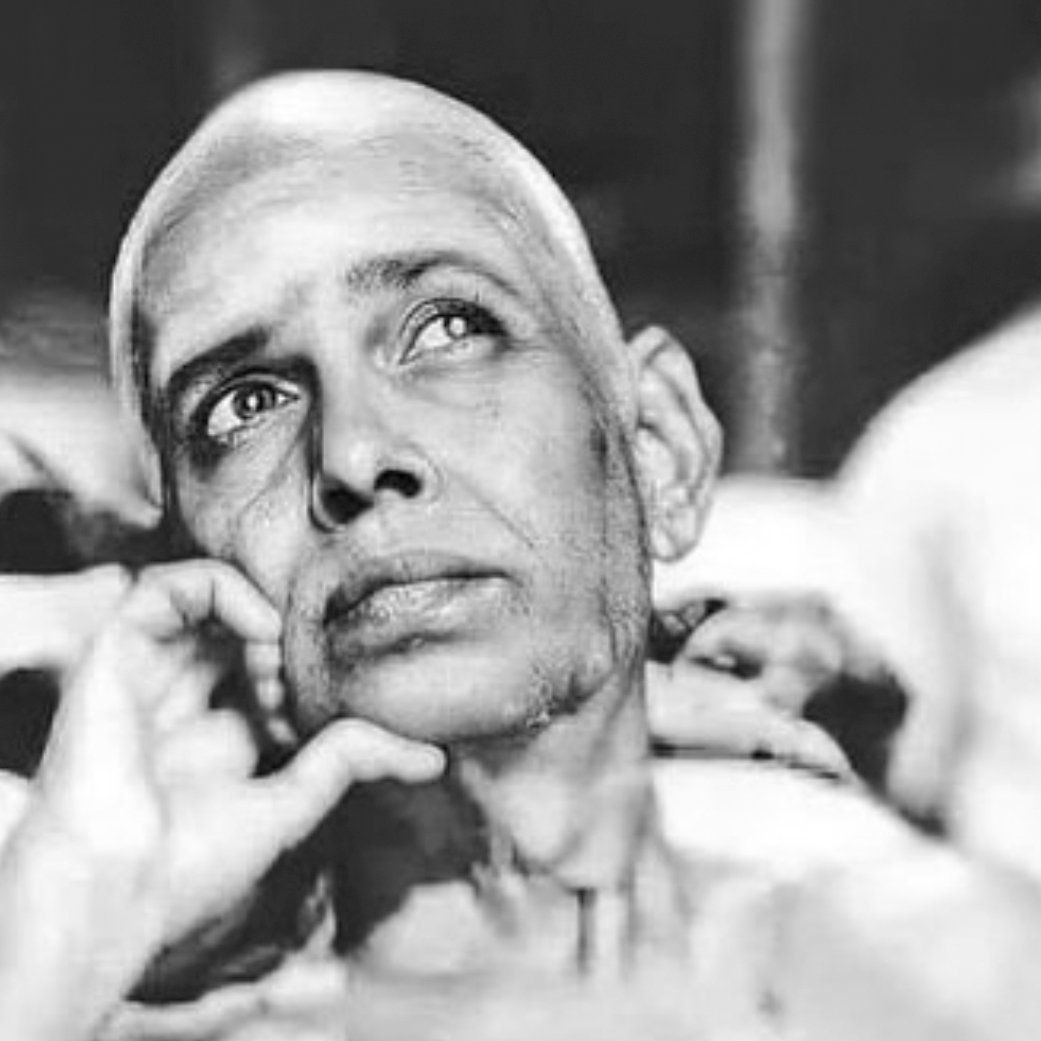
Rooting Out the Ego and Persevering on the Path
Root out ego directly, persevere endlessly despite obstacles, and realise you never left the summit of pure Being.
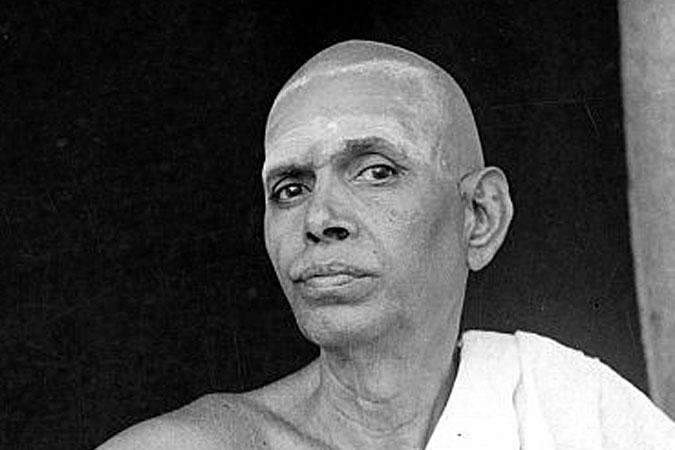
Essential Extracts from the Manuscript
Aham Sphurana is a beacon leading to Sahaja, but only when left undisturbed and ego-free, allowing spontaneous abidance.

Albert Einstein Quotes
“Concerning matter, we have been all wrong. What we have called matter is energy, whose vibration has been so lowered as to be perceptible to the senses. Matter is spirit reduced to point of visibility. There is no matter.”
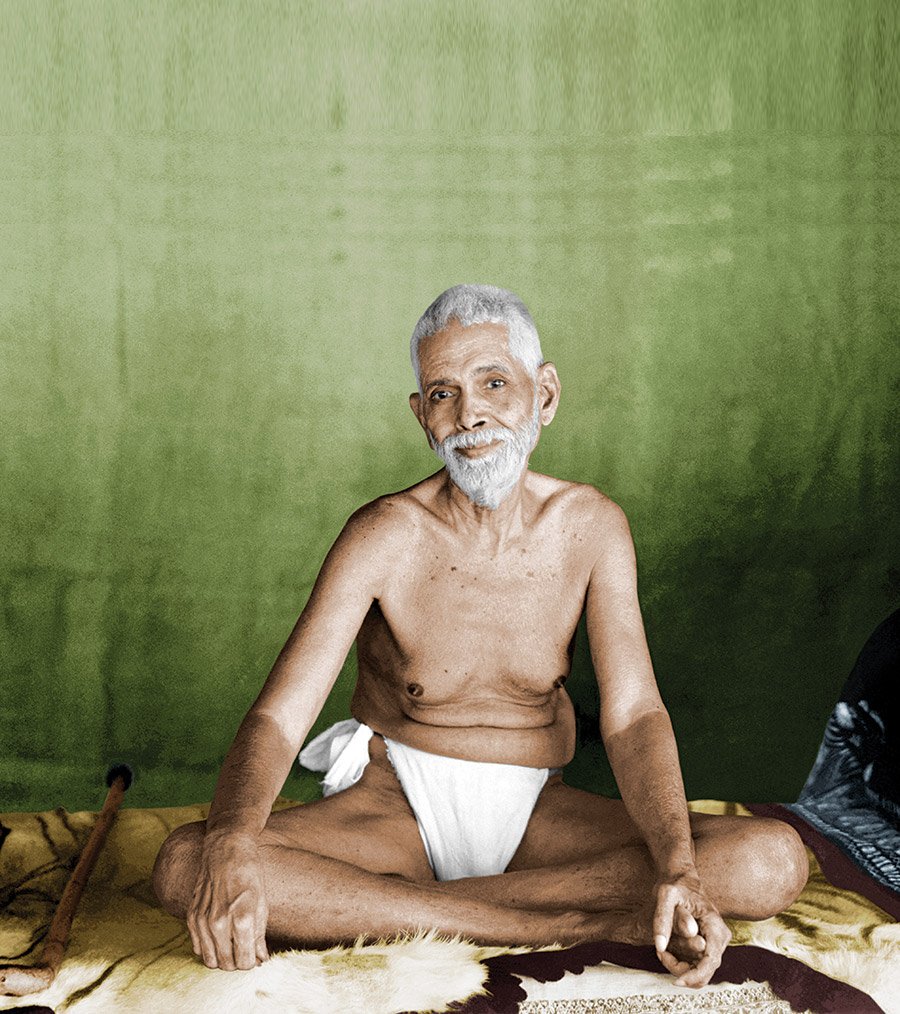
Love Is
Bhagavan teaches that unselfish, motiveless Love is the essence of Jnana, with vichara being a path to reveal it.

Love is our Being
Love is our Being, Being is existence, so love is existence. Your essential state is love. What distorts that is that we look outside for love not realising that the love we experience outside is a reflection of the love we have for our deepest self.

Steve Jobs: Stay Hungry. Stay Foolish.
No one wants to die. Even people who want to go to heaven don’t want to die to get there.
And yet death is the destination we all share. No one has ever escaped it. And that is as it should be,because death is very likely the single best invention of life.
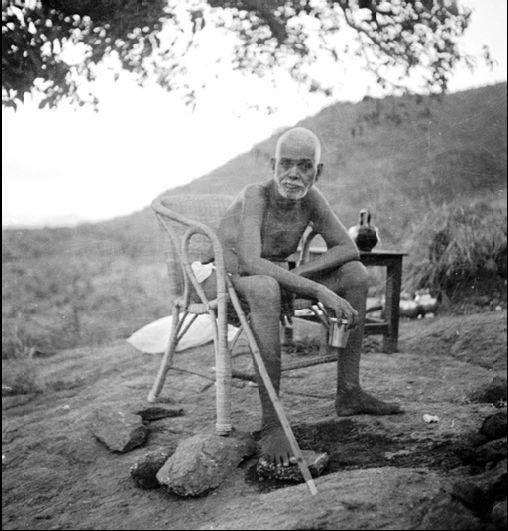
Consciousness
The “I”-sense is not even remotely connected to anything physical. Being of the nature of consciousness, it emanates from the Self only.

Summa Iru
Summa Iru means resting quietly, free from thought and activity, allowing the mind to dissolve and reveal natural peace.

Mrs. Piggot Introduces the Ashram And Bhagavan’s Meetings in 1934
Mrs. Piggot recounts her serene visit with Sri Ramana Maharshi, describing the Sage’s profound silence, grace, and life-changing presence.







